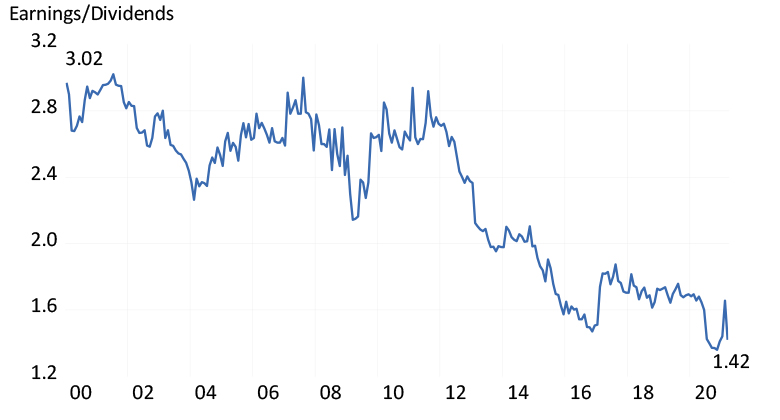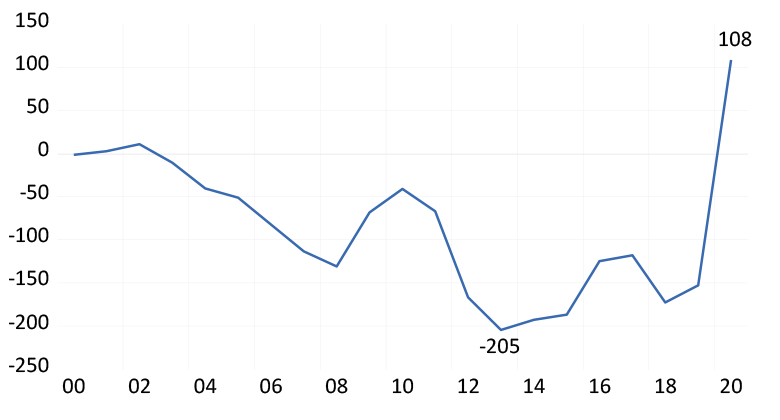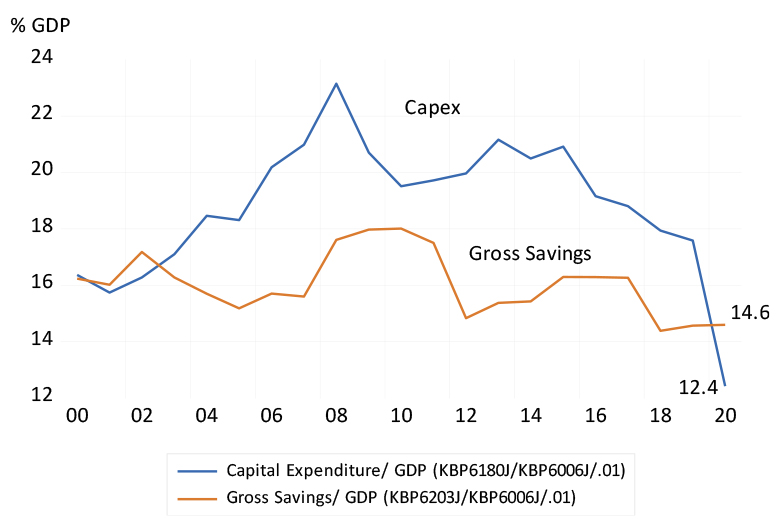Written after being fully frustrated listening to an Interview on how we can and should collect more taxes from SA companies that Michael Avery conducted with Keith Engers, Edward Kieswetter and Dennis Davis on Business Day TV Tuesday 20 th April 2021.
Janet Yellen the US Secretary of the Treasury wants to collect more tax from US corporations She is lobbying for the same minimum rate of corporate tax to be applied everywhere to prevent competition between different tax regimes. Edward Kieswetter, SARS Commissioner, as unsurprisingly, also wishes to collect more tax from companies who do international business from SA. But he knows better than to believe that standardising tax rates would mean more tax collected. He points out that the amount of taxable income these companies report is much more important than the rate at which they are taxed. He intends to employ more skilled tax collectors, armed with more powerful algos to closely examine the company spread sheets, to ensure more income is reported. To make sure that local costs are not inflated by off-share head office levies or by overstated imports – or indeed overstated exports that are not included in value added and so on and so forth ad infinitum, given the ingenuity of the CFO’s.
What would be required to eliminate the competition is an internationally code of generally agreed standard to measure taxable income. But more important, for any economy, is how well will taxable income as defined for tax purposes, accord with the after-tax income that drives the income and wealth producing actions of the economic decision makers? How consistently does it treat investment allowances that can exceed or fall well short of the decline in the market value of any asset employed be treated that can make a large difference to true economic income? Or how will incentives of one kind or another, tax concessions made to employ more workers, and employ more of them in special zones, or differences in the tax treatment of R&D expenditure be managed? It all calls for a standardisation of fiscal policy that seems very unlikely.
Furthermore, will the calculation of business income under a new standard include an allowance for the opportunity cost of employing equity capital in a business, as it does for interest paid on debt? An unlikely but essential treatment of business costs that are not only measured in cash paid out. Such irrationality about the treatment of economic, as opposed to cash costs, is meat and bread and taxable income to the legion of analysts and investors who know better. Only by providing true economic returns that cover all costs including opportunity costs of own capital employed, is a business likely to gain market value. And provide capital gains- including unrealised gains, which is as useful a form of income as any other even if not paid out in cash. And is only taxed when realised and so best postponed, or used as collateral to fund spending or investments. And helpfully too the interest incurred on the extra borrowings may be regarded as a business expense. And then the gains in cash are only taxed when realised by the private investor or company, not by the pension funds and other investment collectives who own most of the large, listed companies.
If we are to reform our tax system sensibly, the truth to be recognised is that taxes of all kinds are ill suited for redistributing income. They end up influencing pre-tax incomes and so the prices of goods and services, including wages and salaries. It is the distribution of government expenditure that should be used to help the poor and deserving. To tax the corporation, as well as its beneficiaries, the dividend receivers, some more than others, is unnecessary, inconsistent, and harmful to the economy.
The corporation can be treated as a limited liability partnership and be required to act as an efficient tax collector. By withholding tax from all the dividend, interest and rental payments it makes to all parties, without exception, as it does now from its employees and its suppliers. With the tax collected reconciled in tax returns as is the case with PAYE. The lesson to be learned from the tax havens, and how best to compete with them, is to adopt the same zero rate of corporate tax. It then becomes a simple matter for the tax authority to measure what is paid out, and it will not have to police the tax legitimacy of revenues or costs. No well-paid tax sleuths need be employed. The tough measurements of economic returns and what should be done with them, how much cash should be retained and how much paid out are then well left to the business organisation. They will know very well how well they have really done for their shareholders and will measure their results accurately. Economic rationality will rule. Not after-tax rationality. With very helpful consequences for the economy. More will be invested wisely, more paid out in dividends and wages and salaries and more wealth (capital gained) will be created. And the tax base of the economy would become a much wider one. The tax dog, however pedigreed, having to chase the tail of corporate income will be of the past.
But alas do not hold your breath that SA will adopt policies that are truly radical and useful. Our ability to think creatively for ourselves is not well developed.


